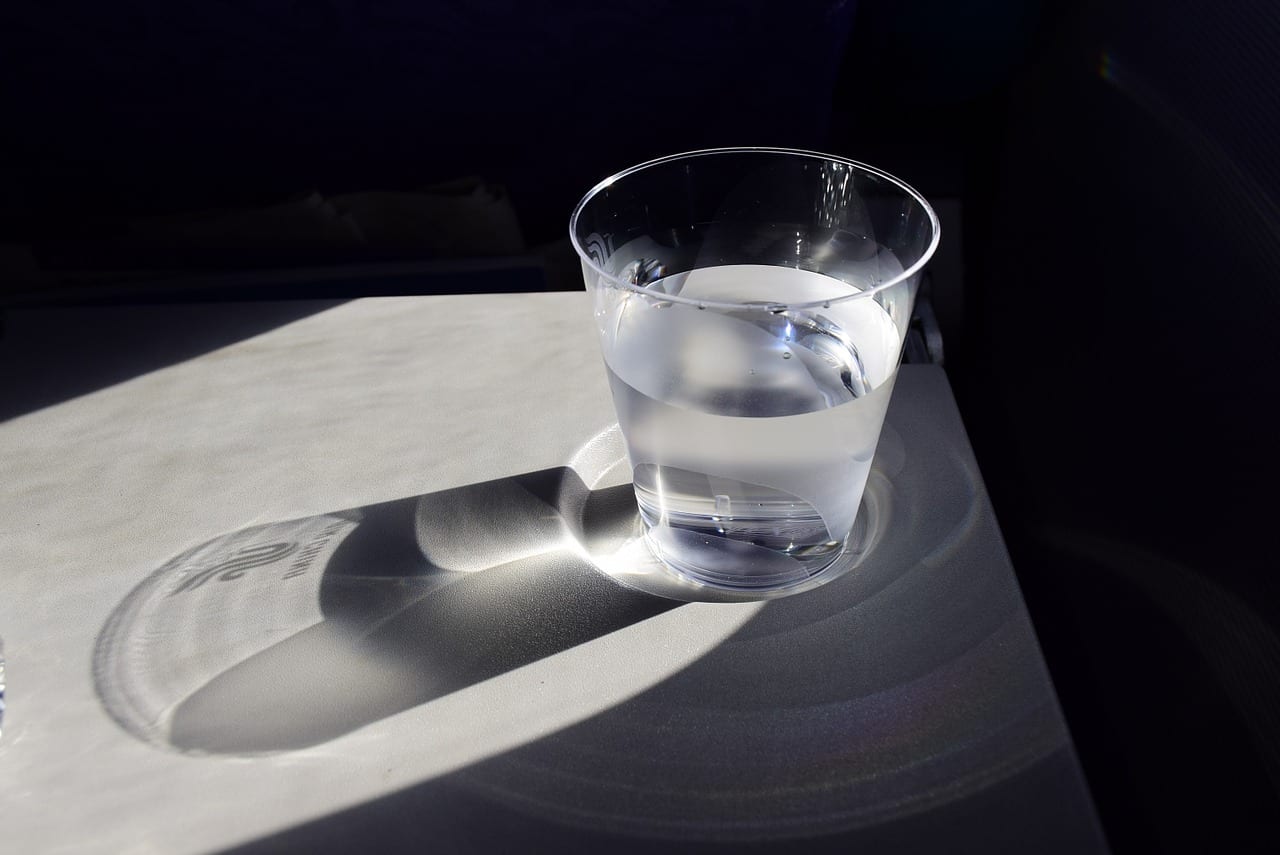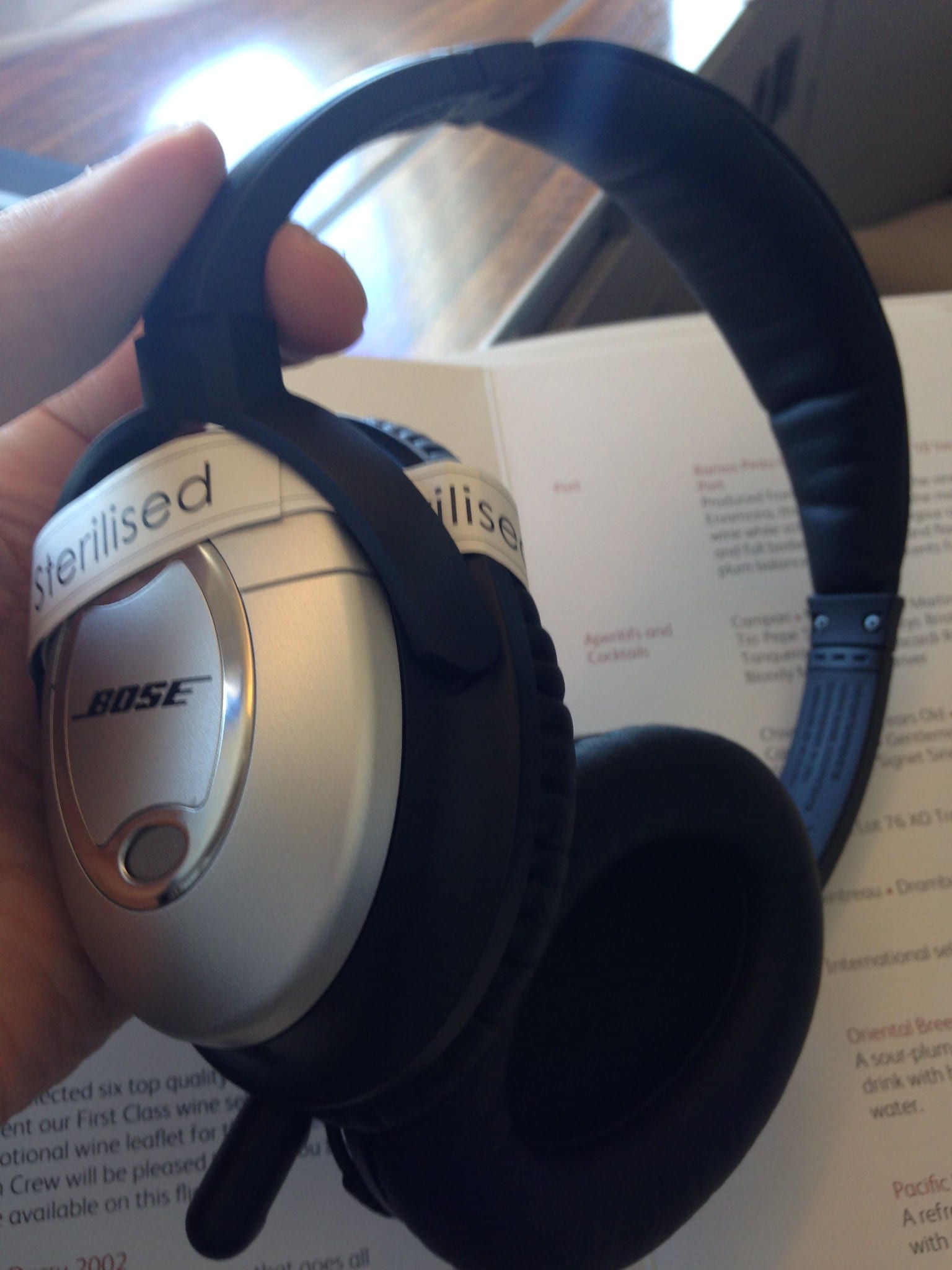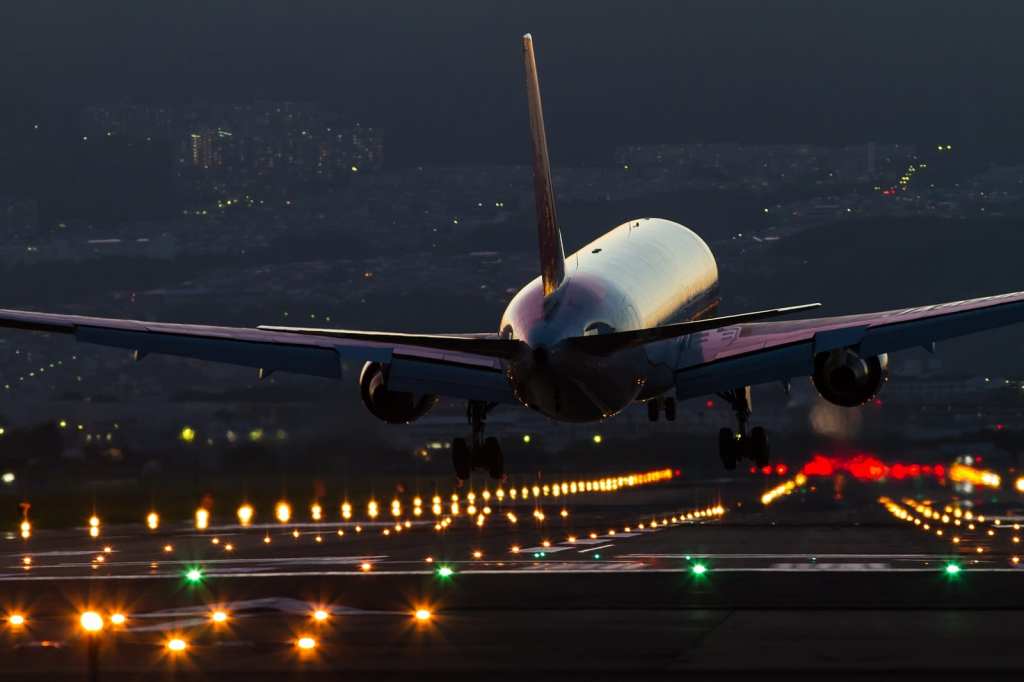Ever step off a plane and feel like you could fall asleep at baggage claim for an hour or eight? That exhausted, drained feeling after flying for an extended amount of time is the dreaded jet lag.
It’s miserable, but there are ways to make yourself feel better.
According to the National Sleep Foundation, “jet lag disorder occurs when there is a temporary mismatch between sleep-wake cycle timing generated by the person’s internal circadian clock, and the external cues at the new destination.”

Photo Credit: Flickr
Jet lag has very little to do with how much sleep you did or didn’t get. It’s when your internal clock is not synced with what’s going on in your new time zone.
If we’re only talking an hour or two between your point of origin and your destination, then you probably won’t experience jet lag, though some travelers so really feel the difference between Pacific and Eastern time zones when flying between the two. Most people, though, feel jet lag when flying internationally east to west, or vice-versa.
One way to minimize jet lag is to make sure you keep hydrated. Airplane cabins are notorious for being dry, and the alc*holic and caffeinated beverages airlines peddle can accelerate dehydration. If you really want to keep your jet lag to a minimum, try sticking to water. If you like to drink alcohol on flights, than have a bottle of water for each beverage. It will make you feel better.

Photo Credit: Needpix
Getting up and moving around the plane is helpful for blood circulation and reducing jet lag. A little walk will also get oxygen to your brain, helping fight fatigue.
The decreased air pressure in an airplane cabin at altitude can cause gas and bloating that makes you feel uncomfortable and lousy upon landing – which gets your body working overtime and worsens jet lag. Bring healthy snacks and avoid fatty and greasy food while in the air.
If you feel pressure in your head, you can relieve it with gum, hard candy or big yawns. The movement in the jaw can also help ease headaches and stress, and since contributes to jet lag, anything you can do to keep it low will help. Try meditation, noise cancelling earphones or other relaxation activities.

Photo Credit: Flickr
Vitamins, particularly B12 and C vitamins, and healthy juices are good for fighting germs that cause illness and aches we all seem to pick up from flying. And, again, any energy your body is putting toward fighting off illness is energy it’s not spending on adjusting its body clock. Bone up before boarding.
Many international flyers also stave off jet lag by tricking their bodies into thinking they are already in the new time zone. Depending on what time it will be when you land, you could either expose yourself to bright light for a few evenings before you fly west or to bright light earlier in the morning for eastern destinations. If you need to sleep to get used to the time in a new place quickly, try taking melatonin to induce a restful sleep while flying.

Photo Credit: Wikimedia
The best way to handle being on the ground in a new time zone is to take things slow. Absorb your new surroundings, grab a healthy meal at a time good for your new normal and get to know the place. Ease into it, and you’ll be enjoying your strange times soon enough.






